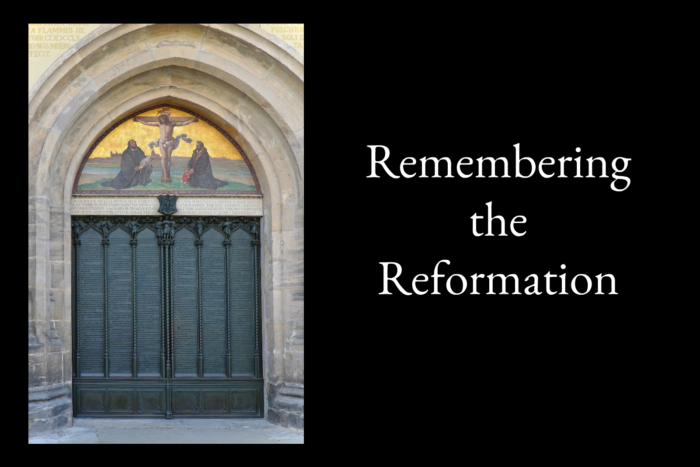Life and Legos
Have you ever had assumptions made about you? People are really great at assuming. They assume they know your motives, your reasons, your “whys”. They make assumptions about choices and decisions. These assumptions are often fueled by rumors. Rumors that we are all too quick to listen to and pass along.
These rumors and assumptions can really get us down for we are rarely given an opportunity to defend ourselves.
Have you ever been faced with a terrifying bit of news? Of course you have. Whether it’s an unwelcome diagnosis from a doctor or a piece of news that comes to our ears through a news anchor, we have all had those moments.
These terrifying moments can bring on major fear and anxiety for they make us realize that we have zero control over what happens.
Have you ever been accused wrongly or unfairly treated? Whether it is through favoritism, a misunderstanding, or because of standing for what is right, these moments come to us all.
These unfair accusations can make us really angry, because, well…it’s just not fair!
Have you ever been broken-hearted or hopeless? Perhaps through the loss of a loved one, the betrayal of a friend, or the realization that you will have chronic pain for the rest of your life?
These moments of despair can make us depressed and zap all the joy from our lives because we just don’t feel like going on.
__________________________
I just finished reading the *biography of John Bunyan. He dealt with all of these things and more. As a young man, assumptions were made about him because he had been quite the wicked young man. The Lord got a hold of him and radically changed him but people just couldn’t forget the old man. He faced more trouble when his young wife died and left him with four young children to care for. Later on, he received the news of a prison sentence for a crime that wasn’t even a crime by the law of the land. It was totally and utterly wrongful imprisonment. While imprisoned, his precious Mary, his oldest (and blind) daughter passed away. When he was finally released from prison, his rabid opponents tried to stop his ministry through rumors and wrong accusations.
John found himself in a prison cell for twelve years. The religious wars in England at the time were ferocious and the tides turned every which way at any time. But, no matter which way it turned, his young wife (his second wife) found herself up against a brick wall in any effort to get him released.
Now, he could have grown depressed or angry. He could have ended up languishing in bitter disillusionment and unabated fury. But he didn’t.
Instead, he picked up quill and paper and started writing. And kept writing. And then wrote some more. His best known work is called Pilgrim’s Progress and is still a best seller among Christians today!
What was his key? Why could he continue on, despite the ill treatment and the heartbreak in his life?
There’s a small quote of his that shows us how he managed to do this. I have been mulling it over and over in my mind since I have first read it. I believe it is the key for us all–
“If ever I would suffer rightly I must first pass a sentence of death upon everything that can properly be called a thing of this life, even to reckon myself, my wife, my children, my health, my enjoyments, and all as dead to me and myself as dead to them. The second was to live upon God that is invisible.”
You see, he was putting scripture into practice. Paul basically told us this same thing in Philippians 3:8–
Yet indeed I also count all things loss for the excellence of the knowledge of Christ Jesus my Lord, for whom I have suffered the loss of all things, and count them as rubbish, that I may gain Christ.
And so we must realize that it’s only in releasing our grip on the things of this world that we can experience the peace and joy that God has promised. It’s only in surrendering our sense of fairness, our reputations, our family members, our health, our finances, our futures to God and His Sovereign will that we can conquer our fears, worries, anger, and despondency.
This brings to mind an example of this I saw just a few years ago lived out right in front of my eyes. How well I remember the calm acceptance of my brother and his wife as they faced the fact that her journey on this earth was winding down to an end. It is because they were learning to release the things of this life to grasp instead the bright shining eternal gift of Christ.
As believers, the more we die to self and gain Christ, the more we are victorious in our Christian lives.
This isn’t exactly what most want to hear. In our self-obsessed culture, we want God to fulfill our dreams and pour down blessings.
But the actual blessings we receive from God aren’t all that appealing to the carnal soul.
__________________________
The other week, my son came into the house and said, “We have lots of legos!” I was confused and followed him out the door. What I saw sitting in the bed of his truck were 5-6 boxes of varying sizes filled with legos! A customer’s children had grown tired of legos and she didn’t want to bother selling them, so she asked if we wanted them. My son loaded them up and brought them home. Thousands of dollars worth of legos.
When our grandchildren laid eyes on those boxes they grew wide with excitement. As we pulled one off the truck and they saw all of the pieces and parts and potential, they were thrilled. Particularly the oldest, who at six years old, could really appreciate them.
Now, to an adult or a small baby, eh… who cares. Legos are not really their thing, right? Not really considered that big of a blessing. And maybe even a nuisance.
But to a child? Wow.
I think God’s blessings are a bit like that. They don’t look all that attractive to the unbeliever. Forgiveness of sins and peace with the God of the Universe? Eh. Not all that important, as they yearn after the worthless “fool’s gold” of this world. Peace and joy in the midst of trial? But they want promises of NO trials.
It isn’t until we are saved that God’s blessings fill us with awe and appreciation. Because they are specifically for those who have placed their faith and trust in Jesus Christ alone for salvation and eternal life.
And so victory and blessing in the Christian life isn’t going to look all that appealing to the unbeliever or perhaps even to the immature believer.
It isn’t until we give up the temporal for the eternal that we begin to understand.
I wish I could say I am able to live out the truth of John Bunyan’s statement above. I wish I could say that God’s blessings are always enough for me. But, unfortunately, in my battle with my flesh and my {ever-loosening but still tight} grip on this world, I cannot. I can only write about it in hopes to encourage us all towards this ideal, knowing that God will faithfully continue His work in those of us who are His as we journey together towards the eternal city.
for it is God who works in you both to will and to do for His good pleasure.
Philippians 2:13
*A Pilgrim Path: John Bunyan’s Journey by Faith Cook. Highly recommend!










